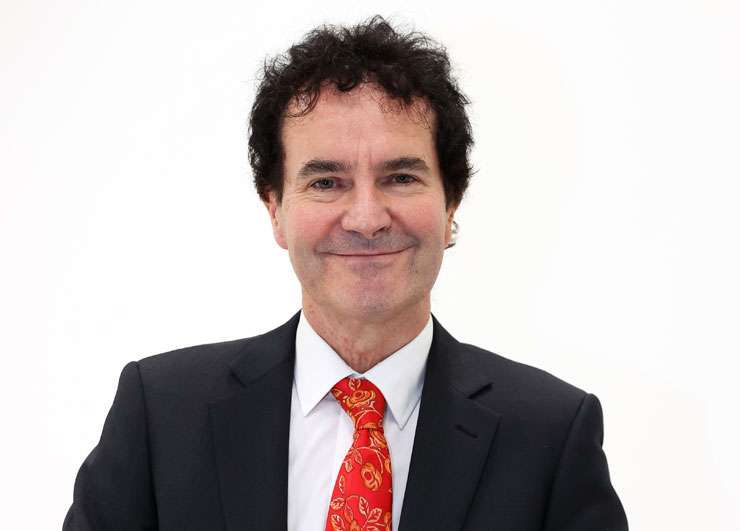The extended lockdown period in Auckland has had a devastating impact on the profitability and mental health of many people across a range of sectors – most notably hospitality and retailing generally. What it has not done is curb the desire of people to purchase property as quicky as possible.
Encouraged by still relatively low interest rates, high awareness of big price gains over the past year (26%), and knowledge of what happened last time an extended lockdown ended (prices soared), people have been scrambling to make a purchase even if they have been unable to physically inspect a property or attend an auction.
The October results of my monthly survey of real estate agents I run with the Real Estate Institute of New Zealand a gross 79% of agents had seen FOMO among buyers in Auckland.
It seems reasonable to expect that once Auckland is properly freed up, we will see catch-up sales activity and perhaps a burst of catch-up price increases, with the September figures from REINZ’s House Price Index showing Auckland prices rose just 0.9%. For the rest of the country, prices rose by 2.9% in September after rising 1.7% in both July and August.
Start your property search
It looks like summer is going to be one of still further rises in Auckland house prices, with gains happening in most other places around the country as well. But as mentioned previously, we are in the end game for this period of soaring house prices whether you start your counting in 1992, 2010, or May last year.
The weight of factors arguing for a slowing in house price inflation towards mid-2022, and then a repeat of Auckland’s rises for 2017, 2018, and 2019 of 0.6%, -1.8% (prices fell), and 3.8% are quite strong.
Banks are rapidly pulling back credit availability to meet new requirements of the Credit Contracts and Consumer Finance Act, more restrictive LVR limits, and the anticipated introduction of debt-to-income ratio requirements by the Reserve Bank. They are also responding to rising construction costs and pulling finance for some off-the-plan purchases.
The borders will be opening soon and with the cost of living in New Zealand (inflation) running so high compared with other countries, young Kiwis will likely head offshore – principally Australia – for cheaper houses and higher wages. On top of that there is two years’ worth of OE to be caught up on, including for people in the professionals sector.

Tony Alexander: “Borrowers should brace for fixed rates rising above 5%.” Photo / Fiona Goodall
The ability to head overseas will see the near $10 billion we Kiwis usually spend on offshore travel diverted back to that purpose and away from buying spas and houses.
House supply is rising strongly, and with Auckland’s population having already declined 0.1% in the past year, one phenomenon of 2022-23 is going to be people openly questioning whether the perceived shortage of property will disappear soon.
Also, and this will end up being the compelling factor, mortgage interest rates are rising. Already bank fixed rates have risen by between 1% and 1.5% for the one to five-year terms respectively. There will be a lot more to come as the Reserve Bank eventually remembers its job is to stop things like the cost of living soaring 4.9% as has happened this past year.
Borrowers should brace for fixed rates rising above 5%. In a new environment where these rising interest costs can be decreasingly claimed against rental income, some investors will slowly step forward to reweight their investment portfolios a bit more towards other assets, such as shares.
The chances of a sudden stop in the housing market are not strong given the good outlook for the economy. But the pieces are falling into place to tell us that average Auckland house price gains of 7.8% a year since 1992 will not be repeated in the future.
- Tony Alexander is an economics commentator and former chief economist for BNZ. Additional commentary from him can be found at www.tonyalexander.nz












